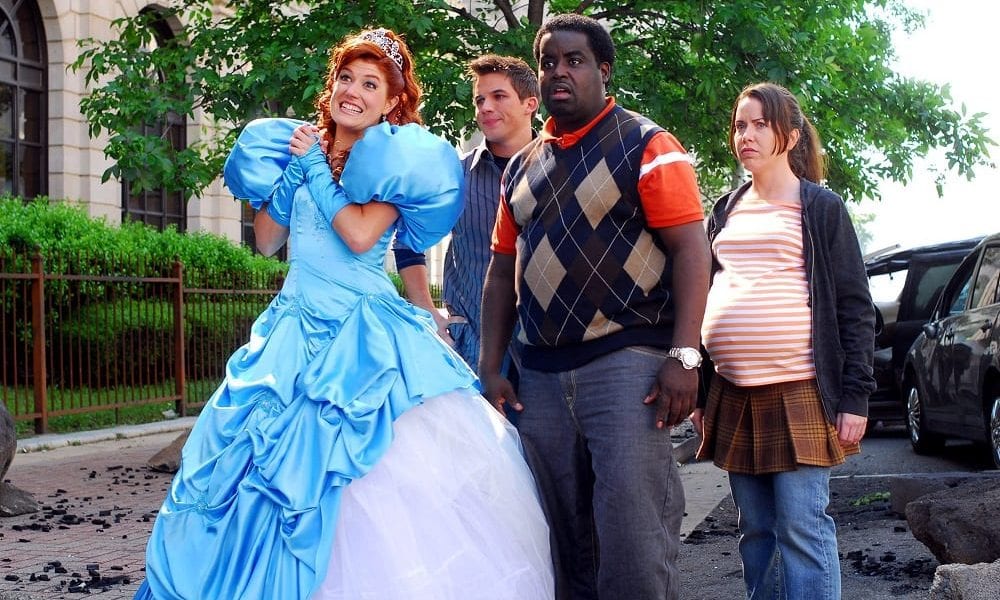Can OCD cause depression? This is a question many people struggle with as they navigate the challenges of living with obsessive-compulsive disorder (OCD). Obsessive-compulsive disorder is a mental health condition that affects millions of people worldwide, and it can significantly impact daily life.
For many individuals, OCD doesn't exist in isolation. It is often accompanied by other mental health conditions, with depression being one of the most common. Understanding how OCD and depression are linked can provide clarity and offer solutions for those seeking help.
What Is OCD?
Obsessive-compulsive disorder, commonly known as OCD, is a mental health disorder that causes individuals to experience unwanted, intrusive thoughts (obsessions) and engage in repetitive behaviors or mental acts (compulsions) to relieve anxiety caused by these thoughts.

Pixabay / Pexels / Essentially, OCD is a mental health disorder that causes individuals to experience compulsions and obsessions.
Remember, these obsessions can be distressing. They can lead to compulsions that are time-consuming and disruptive to daily life. The constant cycle of obsessive thoughts and compulsive actions can make everyday tasks feel overwhelming, leaving individuals emotionally and physically drained.
For example, someone with OCD might have a fear of germs, which can lead them to wash their hands repeatedly throughout the day, even to the point of causing physical harm. Others may struggle with intrusive thoughts about harm coming to themselves or others, leading them to engage in compulsions like checking locks or seeking reassurance.
Can OCD Cause Depression?
Many people with OCD experience depression at some point. According to the International OCD Foundation, between 25 and 50 percent of individuals with OCD will also experience depression. The relationship between the two disorders is complex. However, the emotional and mental toll of living with OCD often leads to feelings of hopelessness and despair.
When someone is consumed by obsessive thoughts and compelled to perform repetitive behaviors, it can create a sense of isolation and frustration.
Over time, the lack of control over one’s thoughts and actions can cause someone to feel trapped as if there is no escape from the anxiety that plagues them. This can result in feelings of sadness, low energy, and a loss of interest in activities that once brought joy.
Why Do OCD and Depression Often Occur Together?
The daily battle with intrusive thoughts and compulsive behaviors can make someone feel worn down, leading to emotional exhaustion. This exhaustion can gradually transition into depression, especially when the individual begins to feel that their symptoms will never improve.

Cotton Bro / Pexels / While not everyone with OCD develops depression, the two often go hand in hand due to the emotional strain that OCD places on a person’s mental health.
The unpredictability and persistence of OCD can make someone feel like they have lost control over their own life, contributing to feelings of sadness and hopelessness.
Most people with OCD experience the symptoms of obsessive-compulsive disorder first, with depression following later. However, for a small percentage of individuals, the two conditions may emerge at the same time. This dual burden can intensify the struggle as both disorders feed into each other.
The symptoms of OCD can make someone feel isolated, while depression can increase the sense of hopelessness. This makes it even more difficult to seek help or take steps toward recovery.
How Can OCD Lead to Depression?
The ongoing mental and emotional strain of managing OCD symptoms can take a toll on anyone. Can OCD cause depression in all cases? No, but for many people, the prolonged anxiety and stress create fertile ground for depression to take hold. The endless cycle of intrusive thoughts and the compulsions meant to alleviate them rarely offer long-term relief, which can lead to frustration.
Over time, the inability to control these thoughts and behaviors can cause someone to feel powerless and overwhelmed, two key contributors to depression.
In some cases, individuals may also experience feelings of shame or guilt over their compulsions. These emotions can intensify as they struggle to explain their behaviors to others or feel judged by loved ones.








